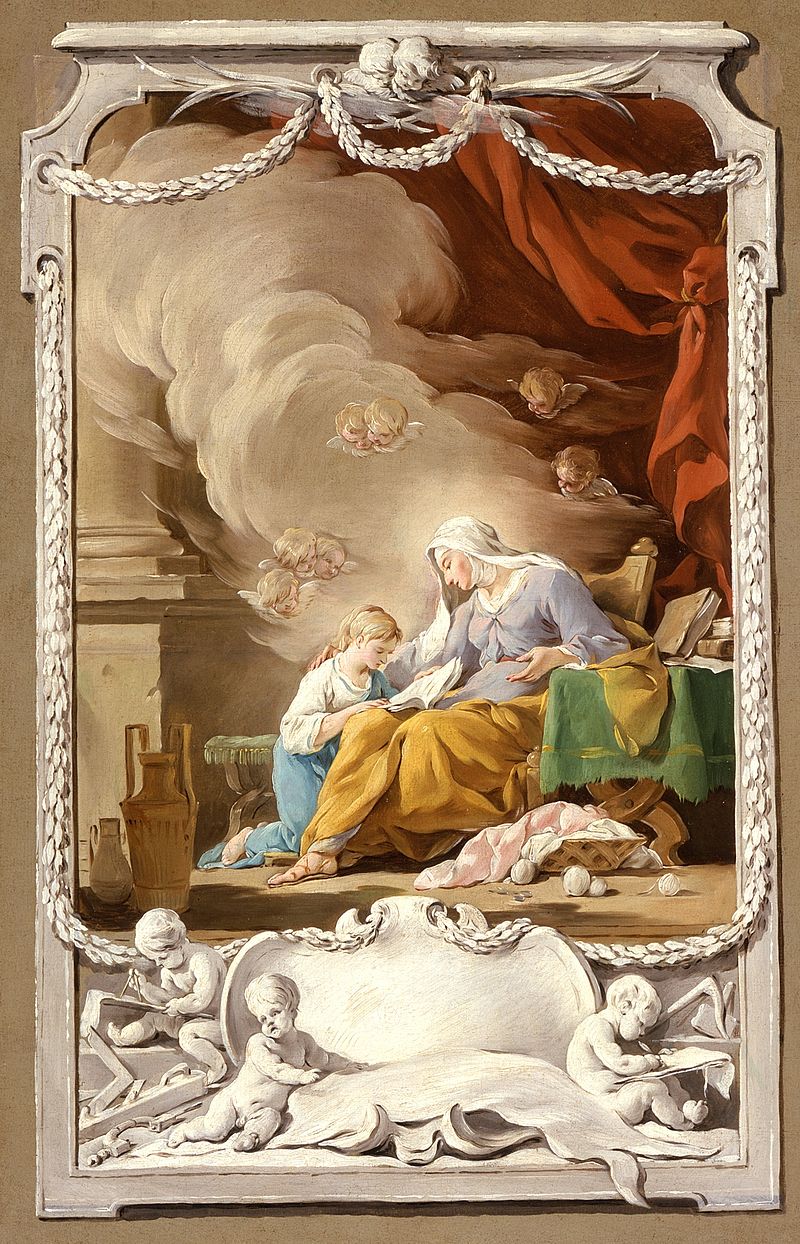Key Difference – Prediction vs Prophecy
Both predictions and prophecies can forecast the future. Prediction can be used to describe forecasts about the weather, economy, and society in general, as well as, statements made about a person’s future. Prophecy, on the other hand, usually refers to predictions made by a wise person or written down in a sacred text. The key difference between prediction and prophecy is that prophecy has religious connotations associated with it, unlike prediction.
What is a Prediction?
Prediction can be simply described as a statement about an uncertain event. The Oxford Dictionary defines prediction as an act of saying or estimating that (a specified thing) will happen in the future or will be a consequence of something. The Merriam-Webster Dictionary defines it as an act of declaring or indicating something in advance. In general parlance, the term prediction is usually used for forecasts that are based on experience, knowledge, and observations. For example, a fortune teller’s description about someone’s future is called a prediction. This prediction is often based on some other thing such as the lines of the palm. At the same time, the term prediction is also used to refer to forecasts about the weather and economy. His wife believed the predictions of the old gypsy woman. His predictions would be proved in the coming years. This information was used for the prediction of future economic trends. People are already making predictions about the winner.
What is a Prophecy?
The term prophecy has two meanings. Prophecy can refer to a prediction of what will happen in the future or an inspired utterance of a prophet. The term prophecy is often used in the context of religion and mythology. It is not used to describe forecasts of weather or predictions made by a fortuneteller. Prophecy typically refers to a prediction made by a wise person or one written in a sacred text. Thus, the key difference between prediction and prophecy is the religious connotations associated with prophecy. In addition, prophecy usually predicts a relatively greater phenomenon than a prediction. (ex: the end of the world, death of a king, rise of a hero, etc.) The following examples will help you to understand the meaning and usage of the term prophecy better. The prophecy predicted that a hero will rise from the South. The book indicated an ancient prophecy about the end of the world. The prophecies of the wise old man have all come true. The blind princess had the gift of the prophecy. St. Anne Revealing to the Virgin the Prophecy of Isaiah
What is the difference between Prediction and Prophecy?
Definition: Prediction is a statement about the future. Prophecy is a statement about the future or wise, inspired words of a prophet. Connotations: Prediction does not have religious connotations. Prophecy is associated with religious connotations. Use: Prediction can be used to describe mundane things like weather. Prophecy is used to describe greater events. Image Courtesy: “Newspaper weather forecast – today and tomorrow” By Parhamr – Own work (CC BY-SA 3.0) via Commons Wikimedia “St. Anne Revealing to the Virgin the Prophecy of Isaiah LACMA M.2000.179.16” By Nöel Hallé (France, Paris, 1711-1781) – (Public Domain) via Commons Wikimedia
Related posts: Difference Between Inference and Prediction Difference Between Forecast and Prediction Difference Between Hypothesis and Prediction Difference Between Famous and Infamous Difference Between Explore and Discover
Key Takeaways
- Prediction can be used to describe forecasts about the weather, economy, and society in general, as well as statements made about a person’s future
- Prophecy usually refers to predictions made by a wise person or written down in a sacred text, and has religious connotations associated with it
- The key difference between prediction and prophecy is the religious connotations associated with prophecy, unlike prediction
